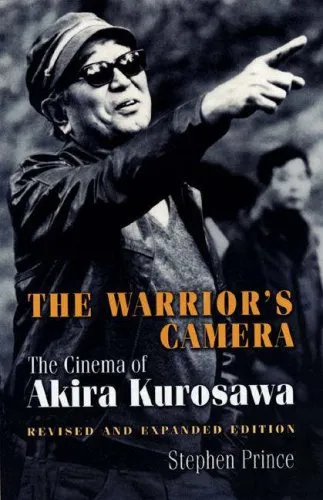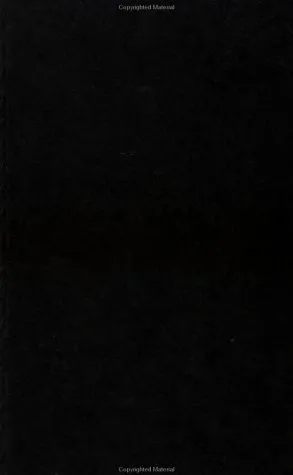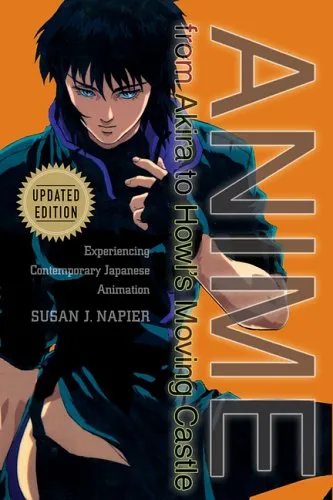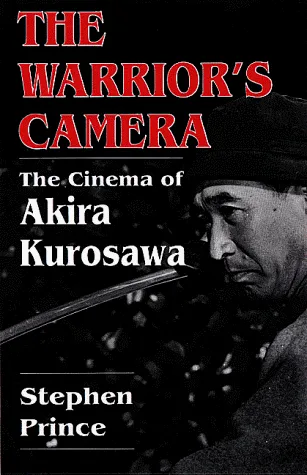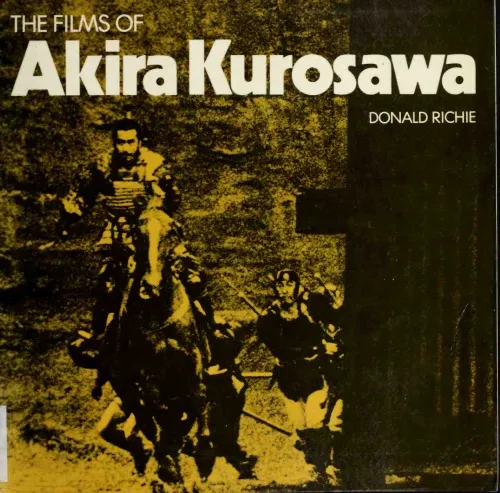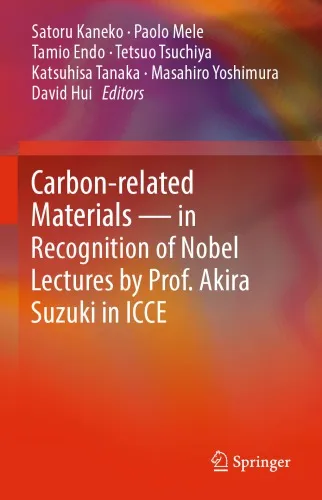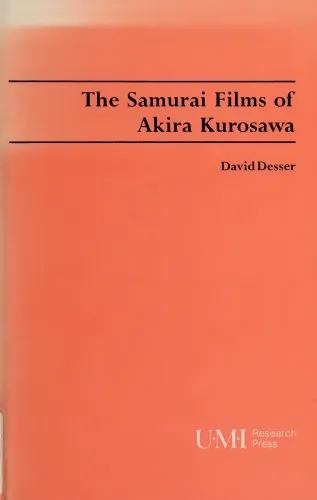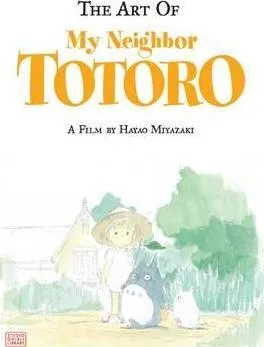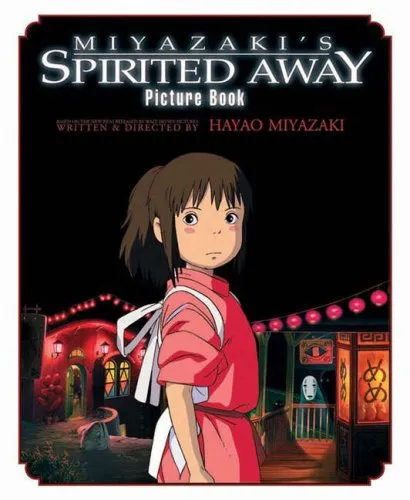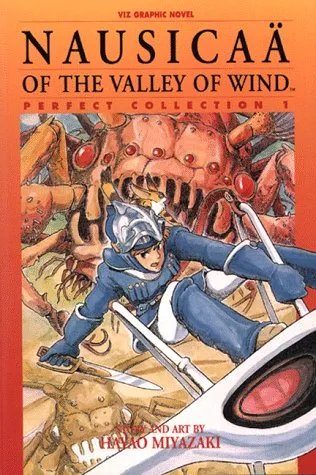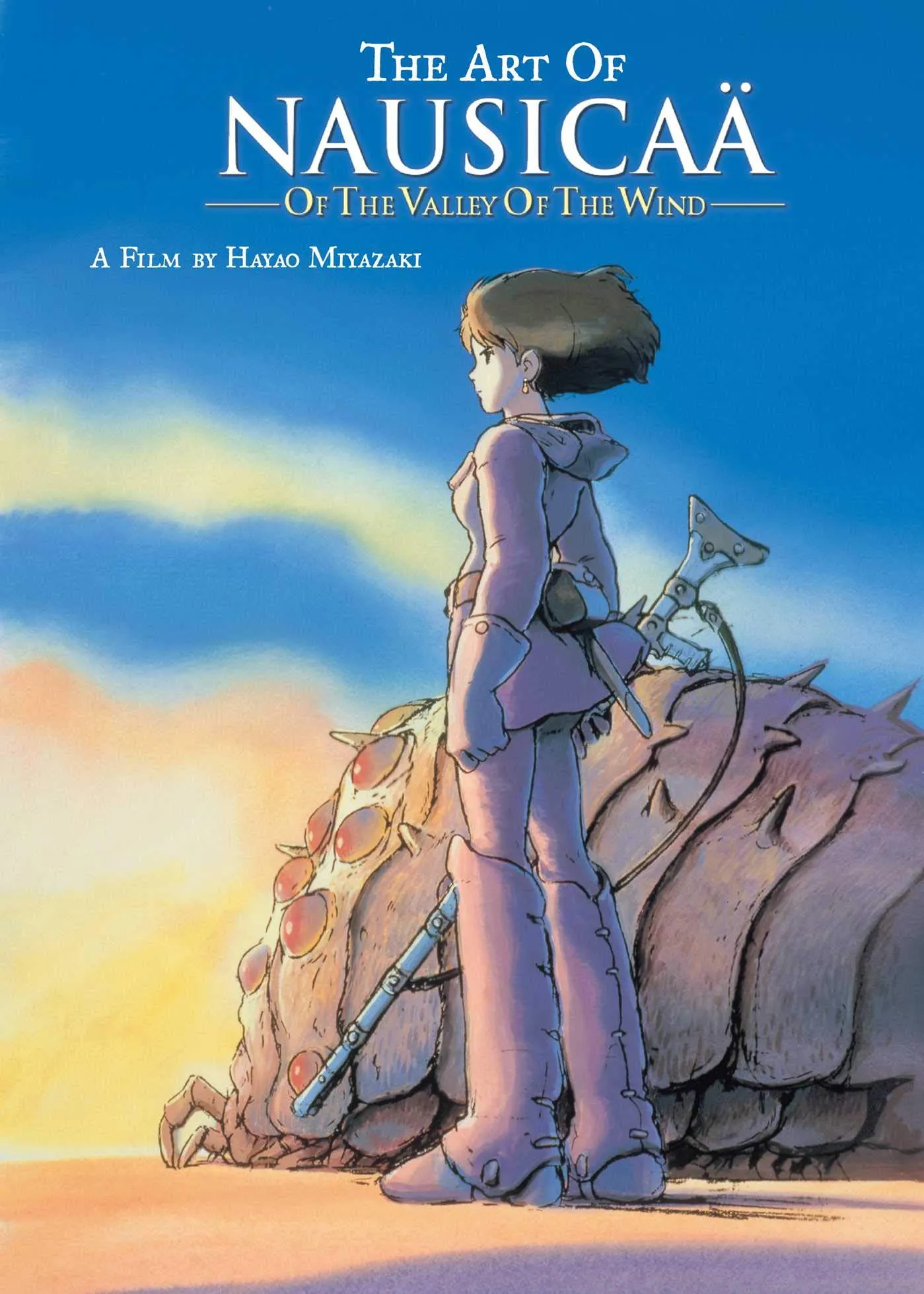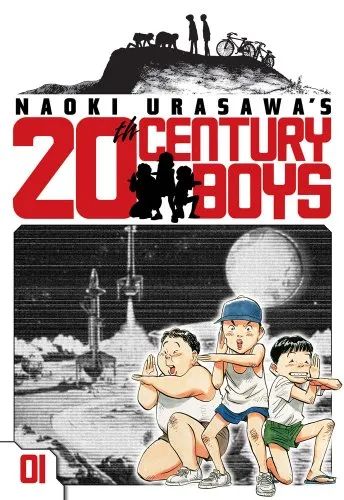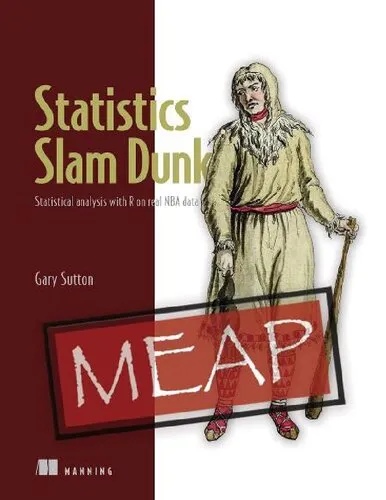The Warrior's Camera: The Cinema of Akira Kurosawa
4.4
Reviews from our users

You Can Ask your questions from this book's AI after Login
Each download or ask from book AI costs 2 points. To earn more free points, please visit the Points Guide Page and complete some valuable actions.Related Refrences:
Welcome to an in-depth exploration of one of cinema's most influential and visionary directors, Akira Kurosawa. In 'The Warrior's Camera: The Cinema of Akira Kurosawa', author Stephen Prince takes us through a journey into the technical mastery and thematic depth that define Kurosawa's extensive filmography. This book unveils the layered narrative and visual strategies Kurosawa employed to tell compelling stories that continue to resonate with audiences worldwide.
Detailed Summary of the Book
Stephen Prince's 'The Warrior's Camera' intricately dissects Kurosawa’s cinematic technique, delving deeper than traditional critical examinations of his work. Prince's analysis is framed around how Kurosawa’s films communicate complex ideas about human nature, society, and morality through dynamic storylines and rich visual narratives. With each chapter, readers get closer insights into films like 'Rashomon', 'Seven Samurai', 'Ikiru', and 'Ran'. Prince elaborates on Kurosawa's evolution as a director, tracing his influences and how his directorial voice shaped cinematic discourse across genres.
The book meticulously details Kurosawa's formative experiences, such as his upbringing and early work in propaganda films, examining how these experiences informed his storytelling. Furthermore, it explores how Kurosawa's collaborations, particularly with legendary actors like Toshiro Mifune, created iconic roles that remain engraved in film history.
Key Takeaways
- The exploration of Kurosawa's unique use of camera techniques and editing provides a lens through which we can understand his storytelling prowess.
- The analysis of recurring themes within Kurosawa's films, such as heroism, justice, and existentialism, offers insights into the moral and philosophical questions that pervade his work.
- Understanding the significance of Kurosawa’s role in global cinema, influencing Western filmmakers like George Lucas and Martin Scorsese.
- An appreciation of how Kurosawa's cultural context influenced his work, illustrating the universal appeal and adaptability of his narratives.
Famous Quotes from the Book
"Kurosawa’s camera acts as both a battlefield and a stage, capturing the essence of life through the art of the cinematic lens."
"The director's ability to combine elements of Eastern and Western storytelling cemented his place in the pantheon of great filmmakers."
Why This Book Matters
'The Warrior's Camera' transcends a mere biography or film analysis. It offers an essential resource for students of film, cinema lovers, and readers seeking to gain a deeper understanding of Akira Kurosawa's impact on film history. Stephen Prince's scholarly yet accessible writing renders the complexities of Kurosawa's work into understandable components, making the book a valuable asset for anyone interested in the crossroads of Japanese culture and cinema.
By shedding light on the innovative cinematic techniques and narrative structures Kurosawa pioneered, Prince ensures that the director’s legacy continues to educate and inspire future generations. The book serves as a testament to Kurosawa’s enduring influence and the timeless relevance of his storytelling, and it invites readers to reconsider not just Kurosawa’s films but also the capabilities and potentials of cinema as a whole.
Free Direct Download
You Can Download this book after Login
Accessing books through legal platforms and public libraries not only supports the rights of authors and publishers but also contributes to the sustainability of reading culture. Before downloading, please take a moment to consider these options.
Find this book on other platforms:
WorldCat helps you find books in libraries worldwide.
See ratings, reviews, and discussions on Goodreads.
Find and buy rare or used books on AbeBooks.
1879
بازدید4.4
امتیاز0
نظر98%
رضایتReviews:
4.4
Based on 0 users review
Questions & Answers
Ask questions about this book or help others by answering
No questions yet. Be the first to ask!
